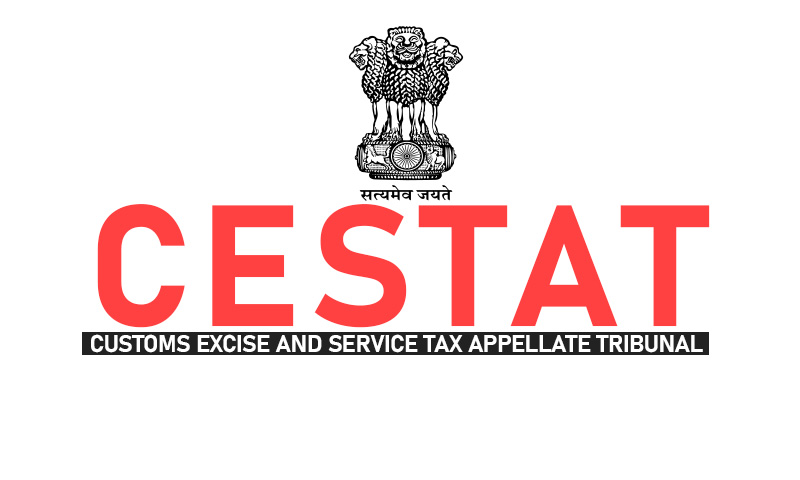Next Story
23 Nov 2022 7:00 PM IST
The Ahmedabad Bench of the Customs, Excise and Service Tax Appellate Tribunal (CESTAT) has held that the entire exercise is the sale of ready-mixed concrete (RMC) and there is no service element involved so as to create service tax liability against the assessee.The two-member bench of Ramesh Nair (judicial member) and Raju (technical member) has observed that the department has very...

